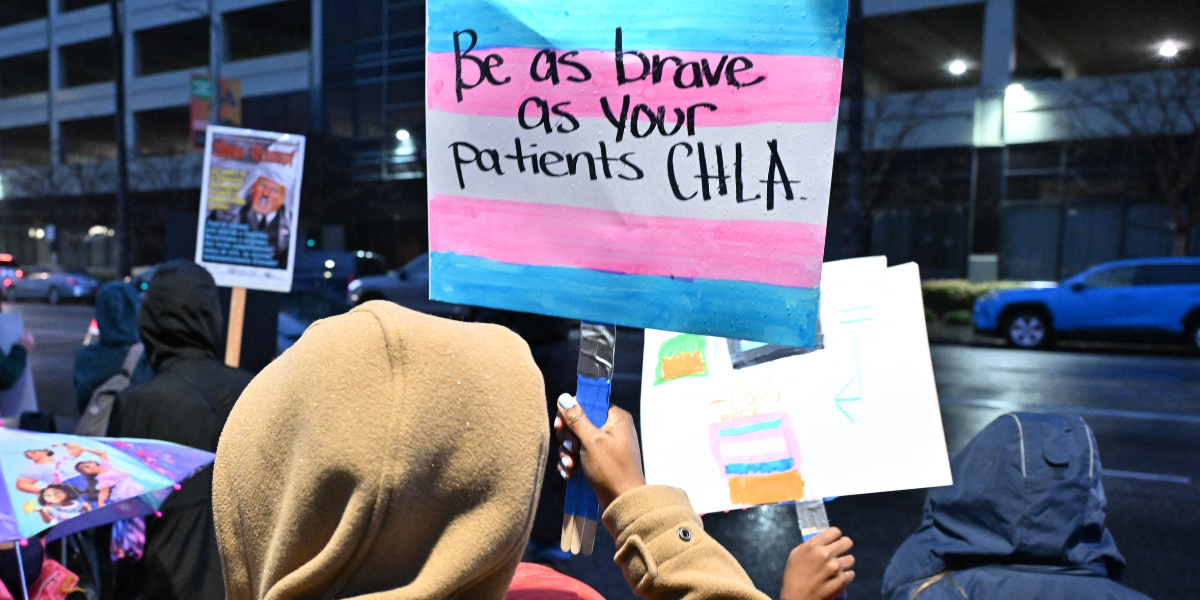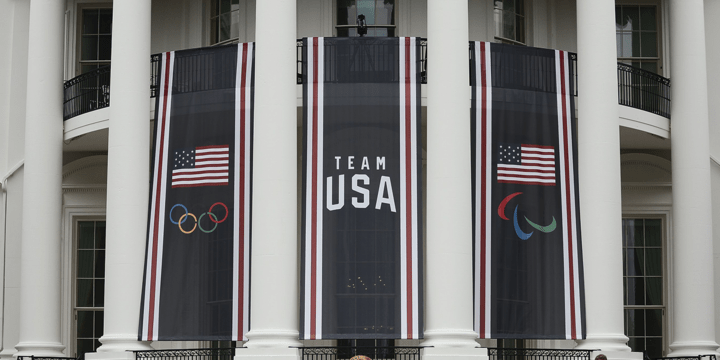Feature image via the Detroit Free Press
A same-sex couple from Michigan has come forward after a pediatrician who had initially agreed to treat their newborn daughter had a change of heart and asked a coworker to break the news that they would have to find another doctor.
Six days after their daughter was born in October, Jami and Krista Contreras found out that Roseville, Michigan, pediatrician Vesna Roi had, after “much prayer,” decided she would be unable to work with the family despite affirming she would do so during a prenatal visit, the Detroit Free Press reports. Roi later wrote the couple a letter apologizing for her inability to work with them, although she neither acknowledges wrongdoing nor explains why it is she “felt that I would not be able to develop the personal patient doctor relationship that I normally do with my patients,” according to the Detroit Free Press.
But because Michigan’s anti-discrimination laws do not extend protections to LGBT people, Roi has not broken the law — and if some lawmakers had gotten their way in December, her actions would actually be explicitly protected. Still, the Contrerases say they hope their story will inspire legislation protecting LGBT people.
“You’re discriminating against a baby?” Jami Contreras said to the Detroit Free Press. “It’s just wrong.”
What’s most frustrating about this situation is that, had the family lived in another state, Roi’s unethical behavior would have been subject to legal consequences. Just this morning, a Washington state judge ruled in favor of an LGBT couple who faced discrimination from a florist who refused to work their wedding. ThinkProgress notes that similar cases have repeatedly seen the same rulings in states with LGBT protections on the books:
The string of losses in similar cases follows back to an Iowa wedding venue, a Vermont reception venue, a Colorado bakery, and a New Mexico photographer who all similarly tried to refuse services related to a same-sex commitment ceremony. All of those states have laws protecting against discrimination based on sexual orientation, but there are still 29 states that have no such laws.
Even those states with laws have struggled over whether to keep them, and lawmakers across the country are currently fighting to roll back or prohibit anti-discrimination protections that have been proffered over the last few decades. People like the Contrerases offer important reminders why these policies are critical, because they offer peace of mind to LGBT individuals, who at every turn must consider another layer of potential complications: Should I come out? What will they think? Will they hold it against me?
Where to seek medical care is one of the first decisions parents make for their children. Some recommend researching pediatricians as early as 28 weeks into the pregnancy, so that you have time to find a doctor suited to your child and your family right from day one. For same-sex couples, the thought that a doctor might object to their relationship and thus treat their child differently (or not at all) only further complicates the already stressful decisionmaking process. Anti-discrimination laws work, when they’re there to do so, and it’s frankly mind-boggling that less than half the nation has them. It’s legislators’ responsibility to enact these laws and give citizens the protections they need.







